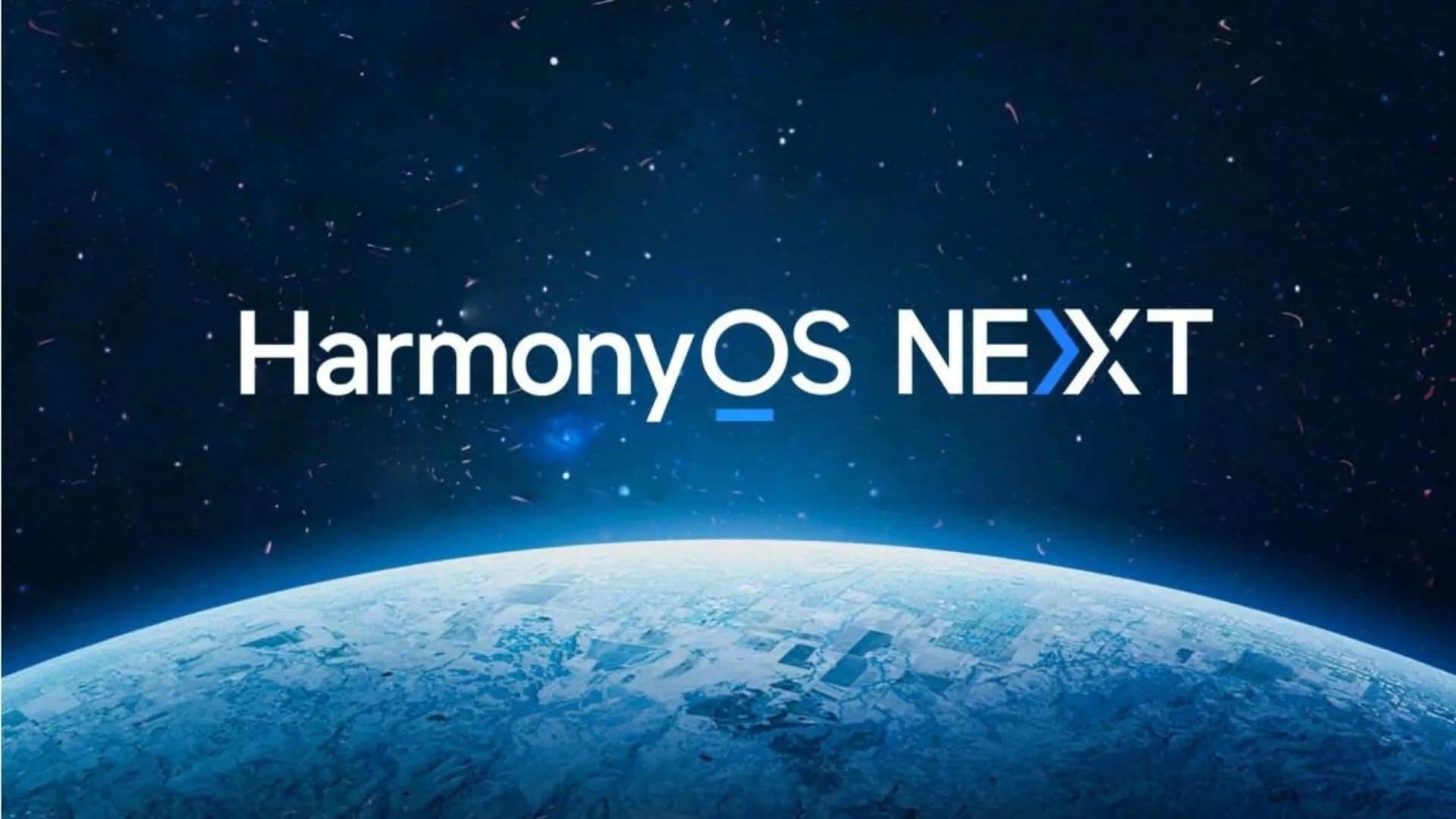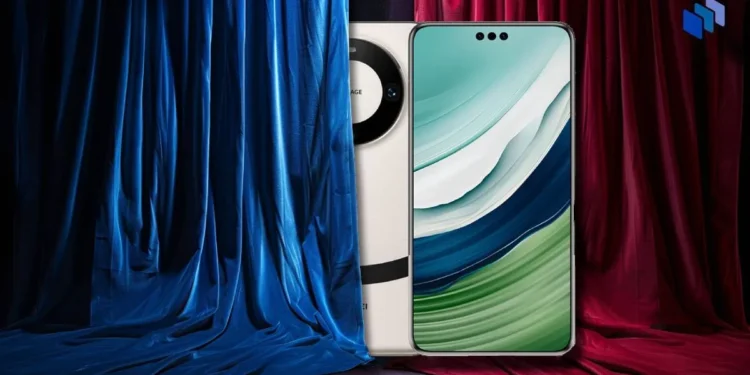In a significant development from the tech world, Huawei has introduced its very own mobile operating system, a bold step signaling its shift towards complete independence from American technology sources. This move comes alongside the unveiling of their new foldable and flagship smartphones, marking a major milestone for the Chinese tech giant.

Huawei’s Homegrown Technology Revolution
During the latest product launch, Huawei showcased not only its new smartphone series but also its first-ever operating system developed entirely in-house. This initiative is part of a broader strategy to establish a fully autonomous tech ecosystem, free from the dependencies on major US tech firms—a necessity due to the existing US bans affecting Huawei.
The newly revealed Mate 70 series, which follows the Mate 60—Huawei’s first phone to feature a fully Chinese-made processor—incorporates this new operating system. While still in the early stages of development, with several months of refinement needed to enhance the user experience, Huawei’s ambitious plan is to roll out this OS across all its future smartphone devices.
A Glimpse into Huawei’s OS: An iOS-Inspired Interface
Initial observations suggest that Huawei’s operating system borrows aesthetically from Apple’s iOS, particularly noticeable in the user interface elements such as the drop-down menu. Despite these similarities, Huawei has maintained a design consistency across its various products, including phones, tablets, and foldables. Enhancing user interaction, the OS also features an AI assistant named Xiaoyi, poised to streamline operations and improve user engagement.

Broader Implications and Industry Perspective
This development is not just about a new software release; it represents a strategic pivot for Huawei as it seeks to navigate and counteract the commercial impacts of international trade restrictions. By developing an independent platform, Huawei not only secures its supply chain but also positions itself as a frontrunner in the global tech race.
While the tech community and consumers have yet to fully experience and evaluate this new OS, the implications of such a move are profound, setting the stage for a potential reshaping of mobile technology standards and practices.
The Future of Tech Innovations and Collaborations
As companies like Huawei continue to push the boundaries of what’s possible within the tech industry, we can expect to see a surge in similar initiatives from other tech giants aiming to establish their own bespoke ecosystems. This could lead to a more diversified and competitive market, fostering innovation and potentially giving rise to new industry standards.

Huawei’s venture into creating its own OS might be just the beginning of a new era in technology where self-reliance and independence from established tech frameworks become the norm, not the exception. This shift could redefine tech partnerships and power dynamics on a global scale, making the next few years critical for the tech industry’s evolutionary path.










